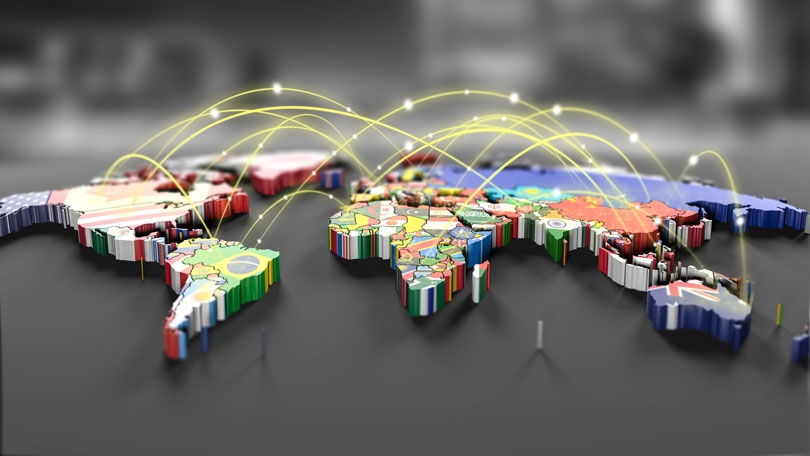UN Pact for the Future – International Cooperation in a Polarized World

Events over the past two decades – from the global financial crisis, through military conflicts resulting in death, destruction, civilian displacement and forced migration, to extreme weather events due to human transgression of planetary boundaries – have shown the inadequacy of our instruments of governance. To enable human well-being, we must also temper the impacts of human activity on the bio-geosphere. While changes in the earth system – from floods and droughts to earthquakes and volcanoes – have afflicted humans for millennia, aggregate human behavior is now destabilizing the earth system, pushing us past tipping points. Limiting this risk is imperative. The workings of the complex, adaptive earth system in which humanity – now over eight billion strong – is embedded, and the global economic and social systems we have created, cannot be controlled by fiat. Human society is a complex system, incapable of collective control, as both absolute monarchs, and practitioners of scientific socialism, have learned to their cost. Democratic governance has its own limitations. Homo sapiens, in all its socio-political variety, is part of the bio-geosphere, a still more complex, adaptive system incorporating climate, the oceans and the biodiversity of our terrestrial and marine environments.
In this paper for the
Salzburg Trilogue 2023, Seán Cleary points out that the United Nations Secretary-General and General Assembly have created an opportunity through the
Summit for the Future in 2024, and the
Pact for the Future to be adopted by Member states at that Summit. to craft a new rules-based international order allowing all UN member states to agree on both the purposes of the order, and the means by which those purposes will be realized. He argues that we must recall Hedley Bull’s injunction that a global society comprises “a group of states, conscious of … common interests and common values … conceiv[ing] themselves to be bound by a common set of rules in their relations to one another"; and the proposition that a collaborative international system must be founded both on agreed norms that enable constructive coexistence and collective action, by accommodating the cultural variety inherent in humanity; and on effective institutions of governance that are accepted as legitimate by all. This requires us to ensure that global economic growth will be socially equitable and environmentally sustainable, that extreme poverty and inequality will be significantly reduced, and that human security will be enhanced at all scales, from the individual, through national and regional, to global. The
Summit for the Future is a most important opportunity to achieve this at an inflection point in interstate relations.
https://www.liz-mohn-center.de
Related Articles: